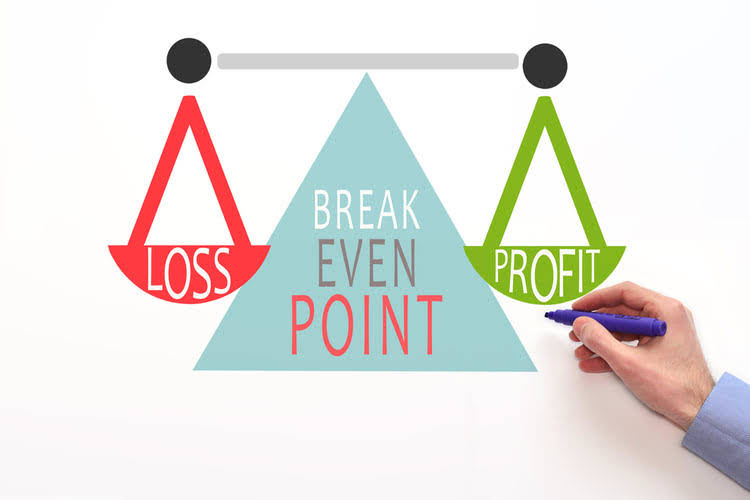
Certifications aren’t necessary to become a bookkeeper but can signal to employers that you have the training and knowledge to meet industry standards. After you have a few years of experience, you can earn the Certified Bookkeeper designation from the American Institute of Professional Bookkeepers by passing a series of exams. A typical bookkeeping certification course takes several weeks to complete. For example, NACPB’s initial certification course takes an estimated 13 weeks, but you can complete the material at your own pace.
That way, you can be well prepared when it’s time to file taxes with the IRS. Without any hiccups or last-minute scrambles, you’ll be able to enter tax season confidently. Double-entry bookkeeping is the practice of recording transactions in at least two accounts, as a debit or credit. When following this method of bookkeeping, the amounts of debits recorded must match the amounts of credits recorded. This more advanced process is ideal for enterprises with accrued expenses. Accountants typically have at least a bachelor’s degree in accounting, and many go on to become certified public accountants (CPAs) or certified management accountants (CMAs).

Both bookkeepers and accountants need to be comfortable working with numbers all day. Bookkeepers especially should be able to spot issues with daily expenses and make sure all the data points are tracked correctly. When first starting out, market yourself as a professional who is well-versed in managing accounts, reconciling transactions, providing financial overviews and balancing budgets.
However, bookkeeping and accounting clerk jobs are expected to decline, with the BLS projecting a 6% fall in jobs over the same period. The BLS notes that job growth for accountants should track fairly closely with the broader economy. However, bookkeepers will face pressure from automation and technology that will reduce the demand for such workers. Because of these factors, advancing your bookkeeping career to a role in accounting can be advantageous.

Accountants rely on financial statements from bookkeepers to do their work, but they also look for larger trends and the way money works across the business. Individuals who are successful bookkeeping professionals are highly organized, can balance ledgers accurately, have an eye for detail and are excellent communicators. While any competent employee can handle bookkeeping, accounting is typically handled by a licensed professional. It also is bookkeeping hard includes more advanced tasks such as the preparation of yearly statements, required quarterly reporting and tax materials. Some of the key tasks for accountants include tax return preparation, conducting routine reviews of various financial statements, and performing account analysis. Another key responsibility for accountants includes conducting routine audits to ensure that statements and books are following ethical and industry standards.

The double-entry system of bookkeeping is common in accounting software programs like QuickBooks. With this method, bookkeepers record transactions under expense or income. Then they create a second entry to classify the transaction on the appropriate account. The advent of accounting software significantly lessened the tediousness of bookkeeping by handling debits and credits for you in the background.

Very small businesses may choose a simple bookkeeping system that records each financial transaction in much the same manner as a checkbook. Businesses that have more complex financial transactions usually choose to use the double-entry accounting process. Accounting focuses on using that data to assess the financial health of a business and make data-driven business decisions. If you’re interested in becoming a QuickBooks Live bookkeeper, Intuit can provide you with the tools necessary to learn bookkeeping and accounting skills and get certified. Get started by signing up for the Intuit Bookkeeping Certification program today.
As a bookkeeper, your income level may vary based on your location, experience and employer. If you work in a competitive job market, certification can give you a leg up when discussing salary potential with prospective employers. The BLS projects employment for bookkeeping, accounting and auditing clerks to decline by 6% by 2032. Even so, the BLS projects an average of 183,900 openings for bookkeeping, accounting and auditing clerks. The demand for new bookkeepers stems from a need to replace those who retire and workers who transfer to other industries. If you opt to pursue certification through a college or university, check with your chosen school’s admissions office to verify the length of the program.

Categories
Submit a Comment